How is AI reshaping the economy?
Big Tech is now 'propping up the US economy'

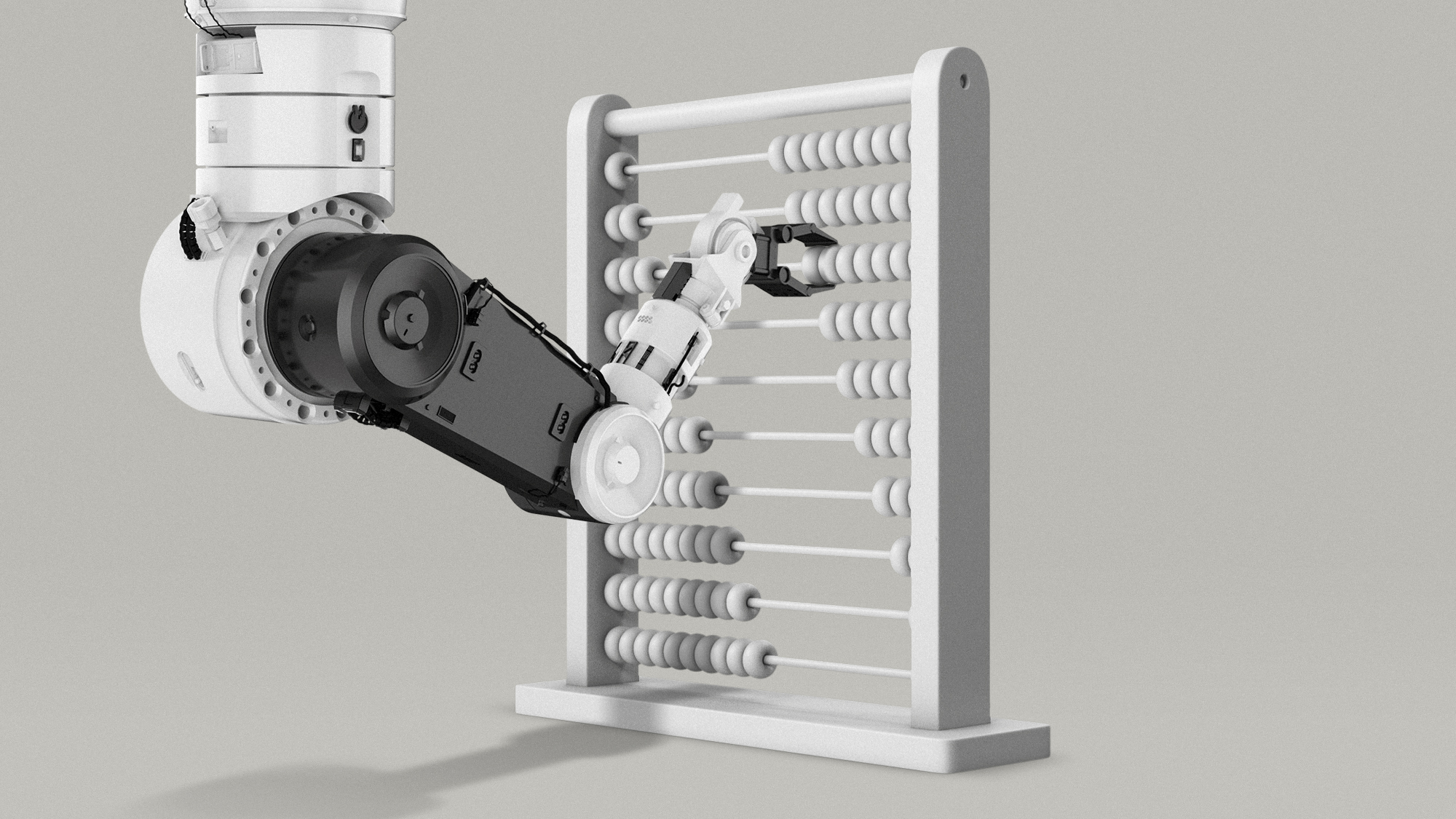
A free daily email with the biggest news stories of the day – and the best features from TheWeek.com
You are now subscribed
Your newsletter sign-up was successful
Artificial intelligence is reshaping the American economy, but something more is happening: Increasingly, it is the economy. That might not be a good thing.
"Big Tech is becoming an even more important part of American prosperity," said The Washington Post. Google, Meta, Amazon and Microsoft are collectively "on track to spend more than $350 billion" building AI centers. That spending is large enough to be a "countervailing force" to a U.S. economy that appears to be "decelerating" under the weight of President Donald Trump's tariff and immigration policies. But that growth has also raised concerns among economists who believe that a healthy economy has a diverse range of activities. The AI sector "seems to be carrying the economy on its back now," said Callie Cox of Ritholtz Wealth Management.
A "small number" of tech companies are now "spending more than the 340 million American consumers" who have traditionally been the engine of U.S. economic growth, said Axios. The downside: Tech has always been a "cyclical" sector that booms and busts, with the "dot-com" bubble of the late 1990s being the most famous example. Many of today's AI industry leaders "never lived through those cycles." Is this time different?
The Week
Escape your echo chamber. Get the facts behind the news, plus analysis from multiple perspectives.

Sign up for The Week's Free Newsletters
From our morning news briefing to a weekly Good News Newsletter, get the best of The Week delivered directly to your inbox.
From our morning news briefing to a weekly Good News Newsletter, get the best of The Week delivered directly to your inbox.
What did the commentators say?
The AI sector is "so big it's propping up the U.S. economy," said Brian Merchant at Blood in the Machine. Apple became the first $1 trillion company in 2018. Now "there are nine $1 trillion+ tech companies" with much of that growth happening over the last two years "on the back of the AI boom." And over the last six months, tech spending on AI infrastructure "added more to the growth of the U.S. economy than all consumer spending combined." The question now: If AI is undergirding the economy, "what happens if the AI stool does get kicked out from under it all?"
All that tech sector spending on data centers is "draining American corporations of cash," said Greg Ip at The Wall Street Journal. But while AI has "obvious economic potential," the payoff "remains a question mark." Investors were "throwing cash at startup web companies" during the "nascent internet boom" of the late 1990s. A lot of those companies went bust, leading to a recession in 2001. That kind of downturn "looks far-fetched now," but if tech companies prove over-optimistic, "their current pace of capital spending will be hard to sustain."
What next?
Wall Street is happy with tech companies for now, but the "urgency to show a payback from generative AI spending will only intensify," said Richard Waters at the Financial Times. While many businesses plan to employ AI, "few have put it into full-scale use." Big Tech "may not have all the answers" about how the technology will be used. Instead, they are investing massively in the belief "they are best placed to figure it out." Bigger is not always better, however. The release of the Chinese-made DeepSeek AI chatbot earlier this year is a warning that "smaller, cheaper AI models" could be "serious competition" to America's tech giants.
A free daily email with the biggest news stories of the day – and the best features from TheWeek.com
Joel Mathis is a writer with 30 years of newspaper and online journalism experience. His work also regularly appears in National Geographic and The Kansas City Star. His awards include best online commentary at the Online News Association and (twice) at the City and Regional Magazine Association.
-
 How the FCC’s ‘equal time’ rule works
How the FCC’s ‘equal time’ rule worksIn the Spotlight The law is at the heart of the Colbert-CBS conflict
-
 What is the endgame in the DHS shutdown?
What is the endgame in the DHS shutdown?Today’s Big Question Democrats want to rein in ICE’s immigration crackdown
-
 ‘Poor time management isn’t just an inconvenience’
‘Poor time management isn’t just an inconvenience’Instant Opinion Opinion, comment and editorials of the day
-
 Is the UK headed for recession?
Is the UK headed for recession?Today’s Big Question Sluggish growth and rising unemployment are ringing alarm bells for economists
-
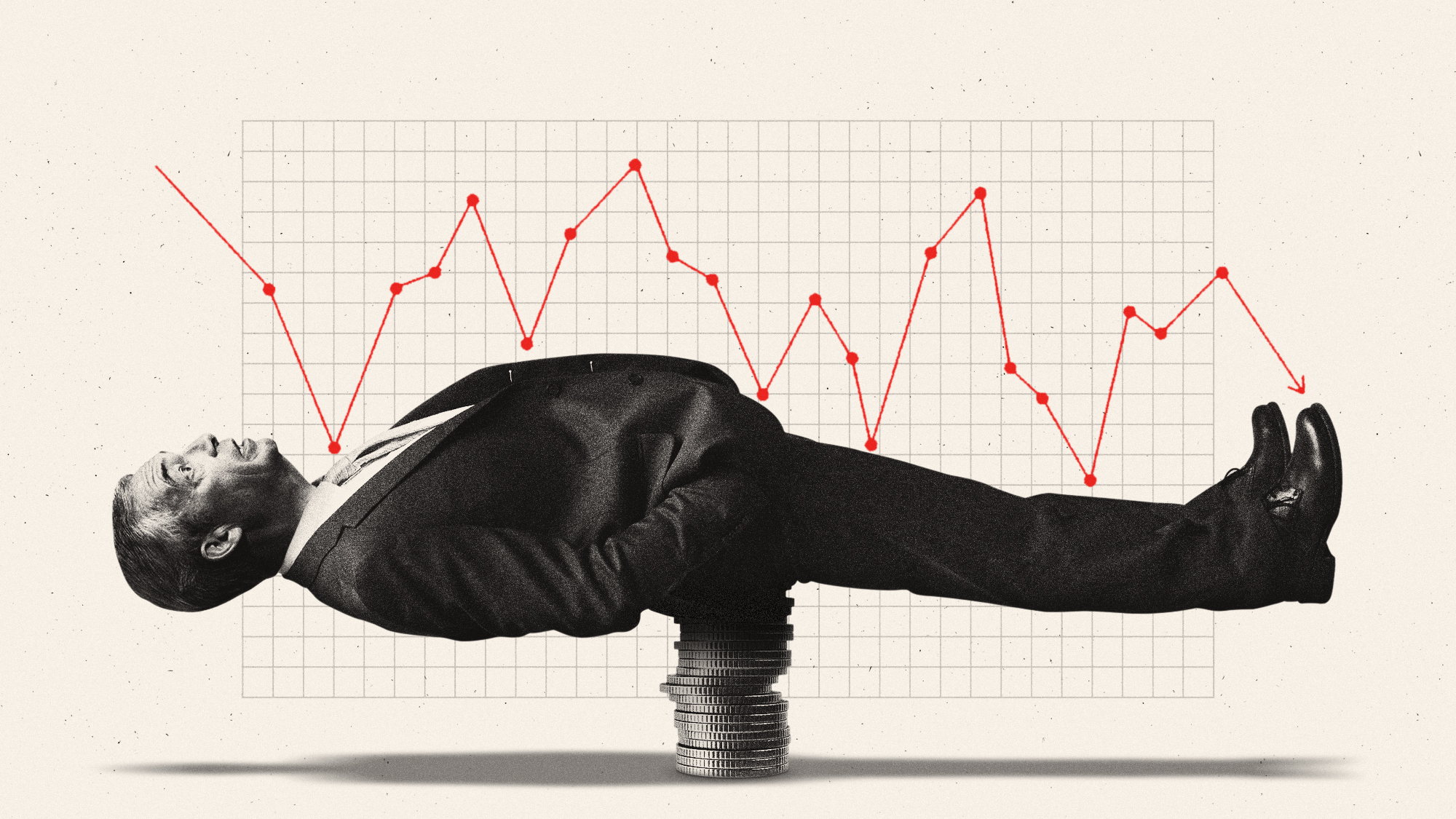 Can Nigel Farage and Reform balance the books?
Can Nigel Farage and Reform balance the books?Today's Big Question Nigel Farage has, for the first time, ‘articulated something resembling a fiscal rule’ that he hopes will win over voters and the markets
-
 Is a financial market crash around the corner?
Is a financial market crash around the corner?Talking Points Observers see echoes of 1929
-
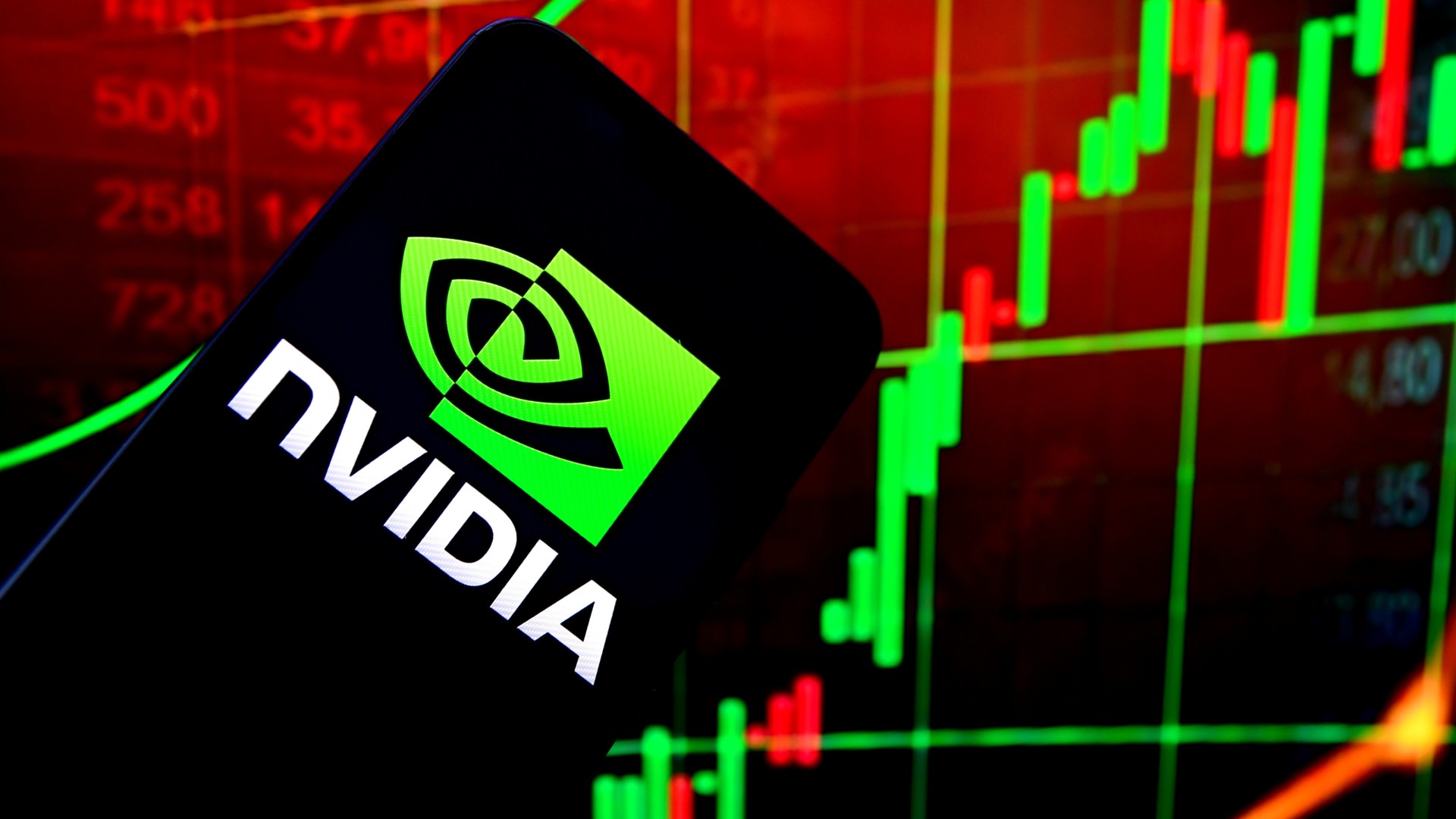 The AI bubble and a potential stock market crash
The AI bubble and a potential stock market crashToday's Big Question Valuations of some AI start-ups are 'insane', says OpenAI CEO Sam Altman
-
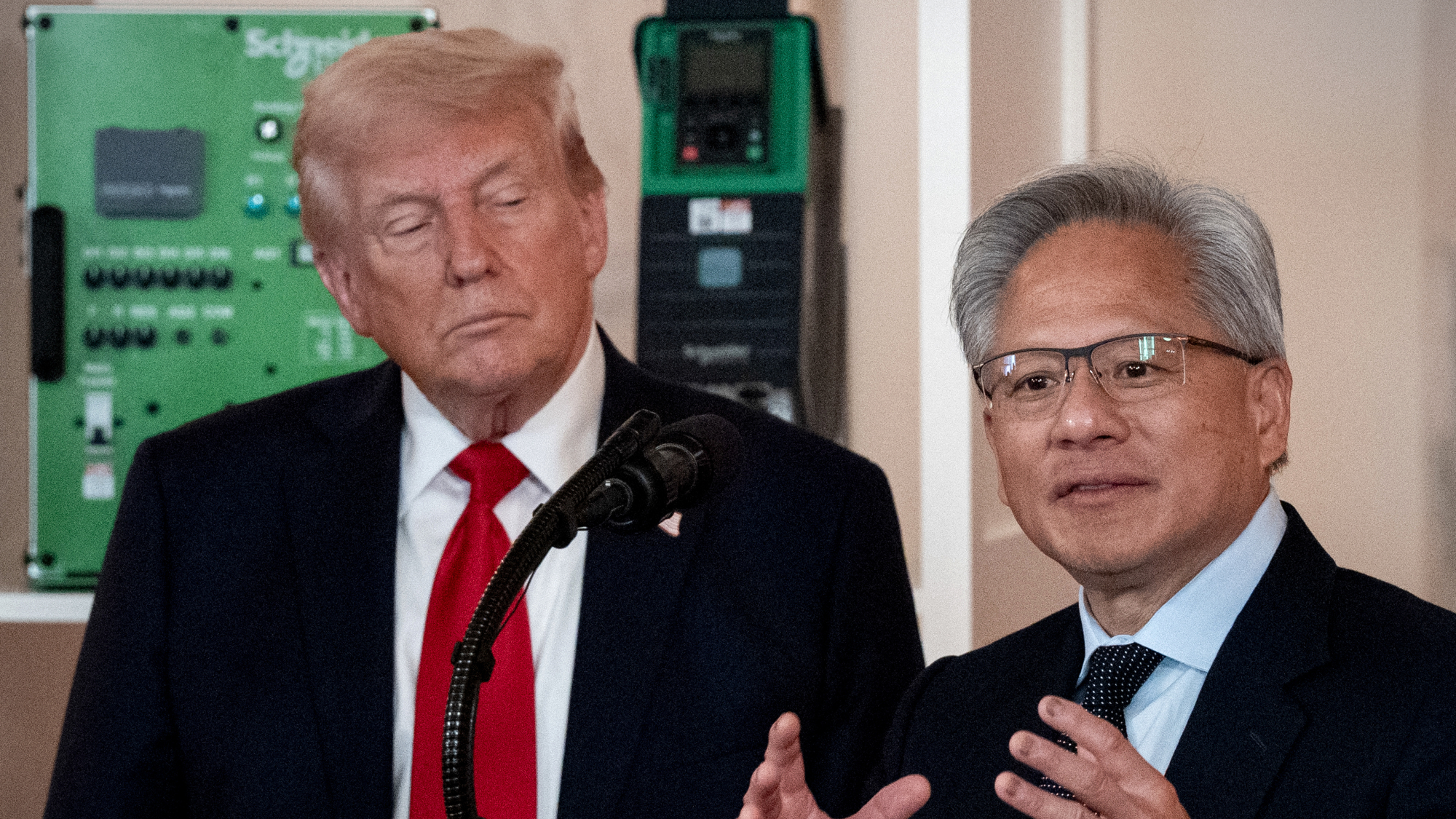 US to take 15% cut of AI chip sales to China
US to take 15% cut of AI chip sales to ChinaSpeed Read Nvidia and AMD will pay the Trump administration 15% of their revenue from selling artificial intelligence chips to China
-
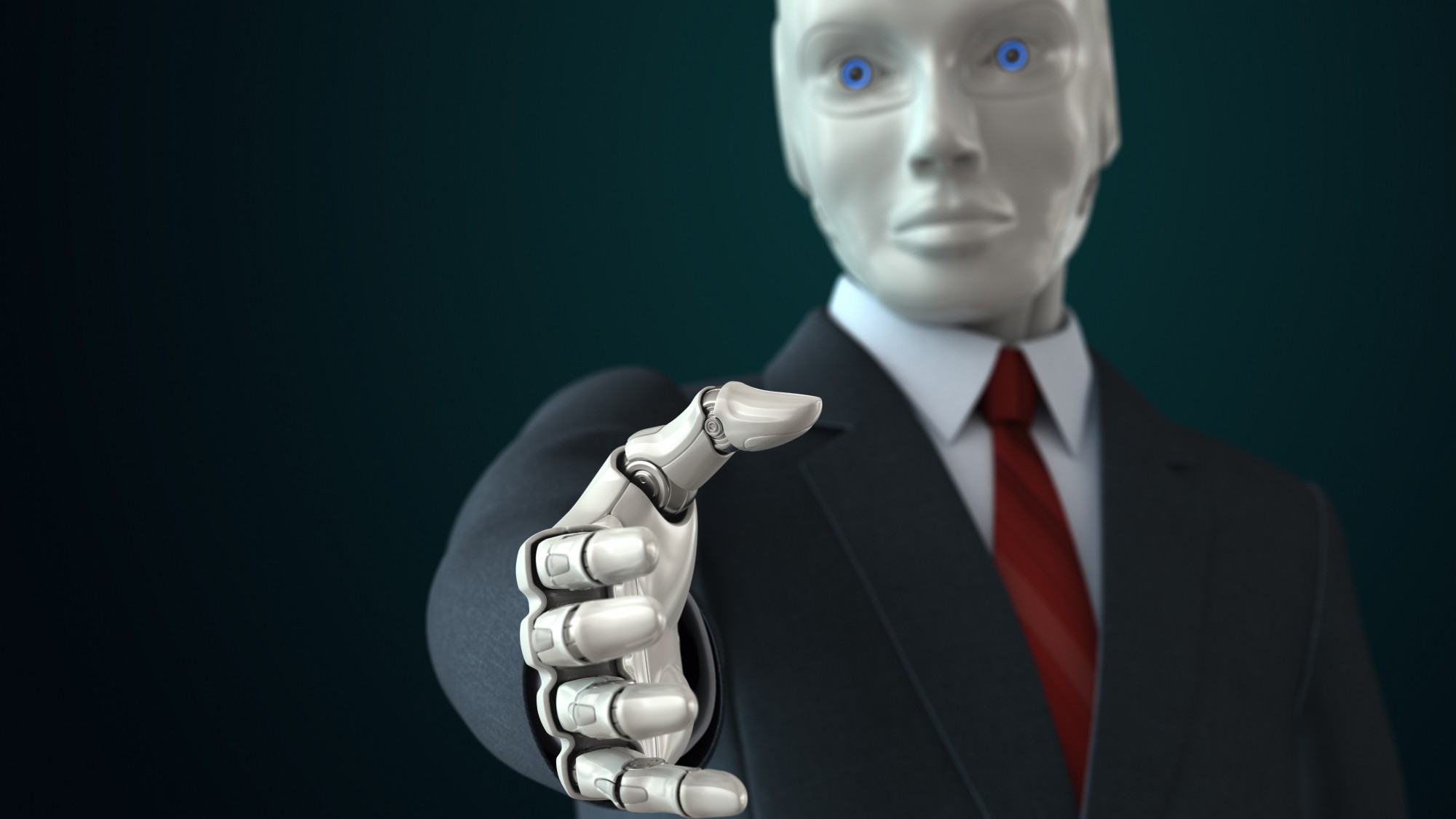 Why 'faceless bots' are interviewing job hunters
Why 'faceless bots' are interviewing job huntersIn The Spotlight Artificial intelligence is taking over a crucial part of recruitment
-
 AI is creating a luxury housing renaissance in San Francisco
AI is creating a luxury housing renaissance in San FranciscoUnder the Radar Luxury homes in the city can range from $7 million to above $20 million
-
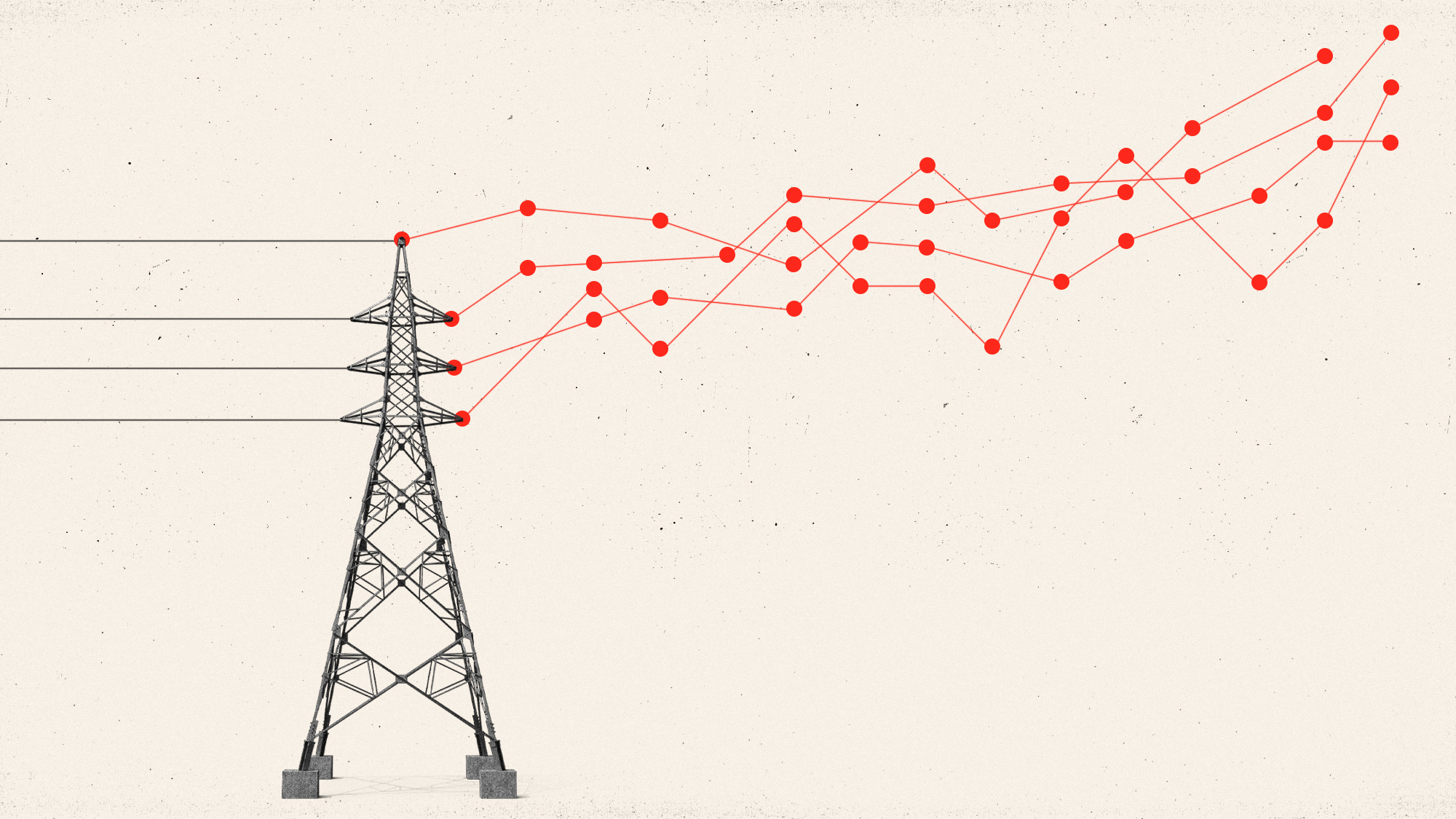 Why are electric bills rising so fast?
Why are electric bills rising so fast?Today's Big Question Data centers for artificial intelligence and the cost of natural gas both contribute
